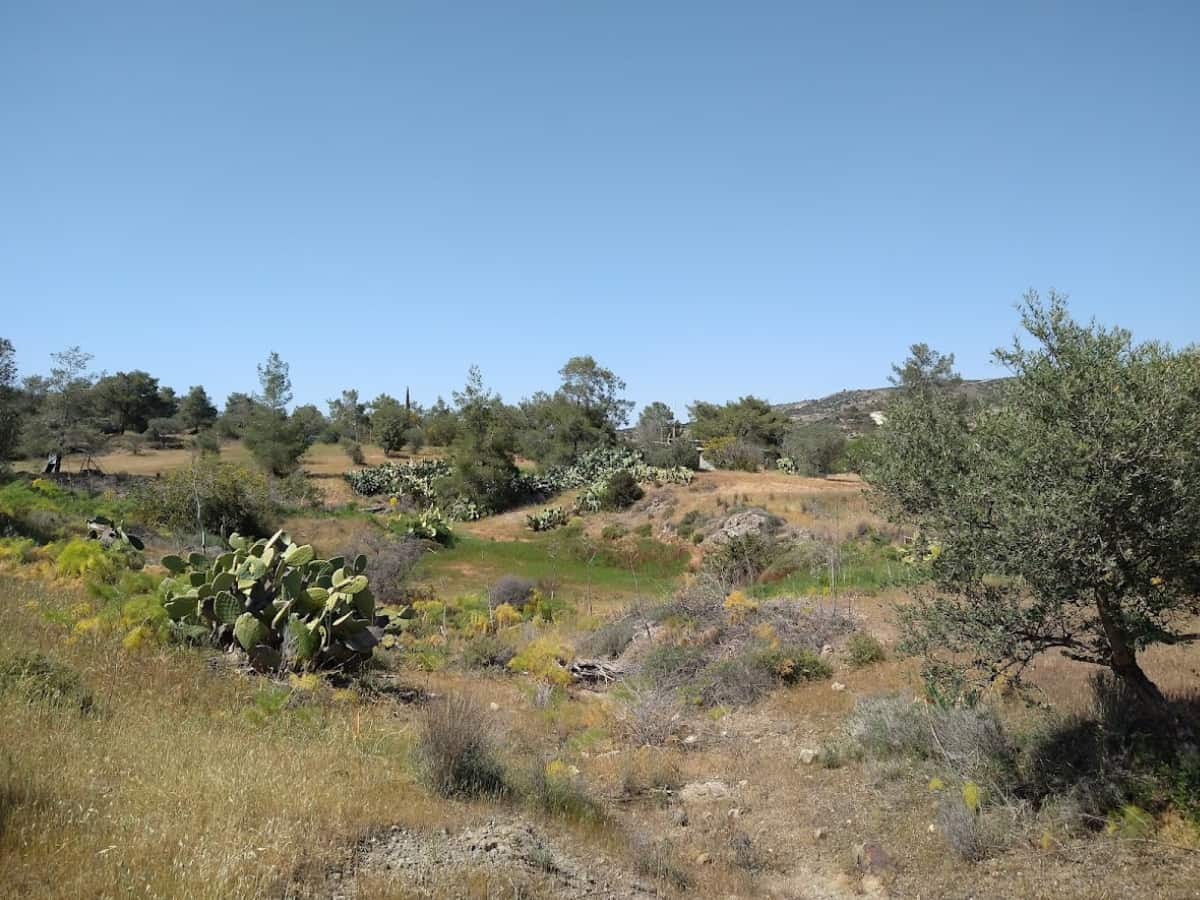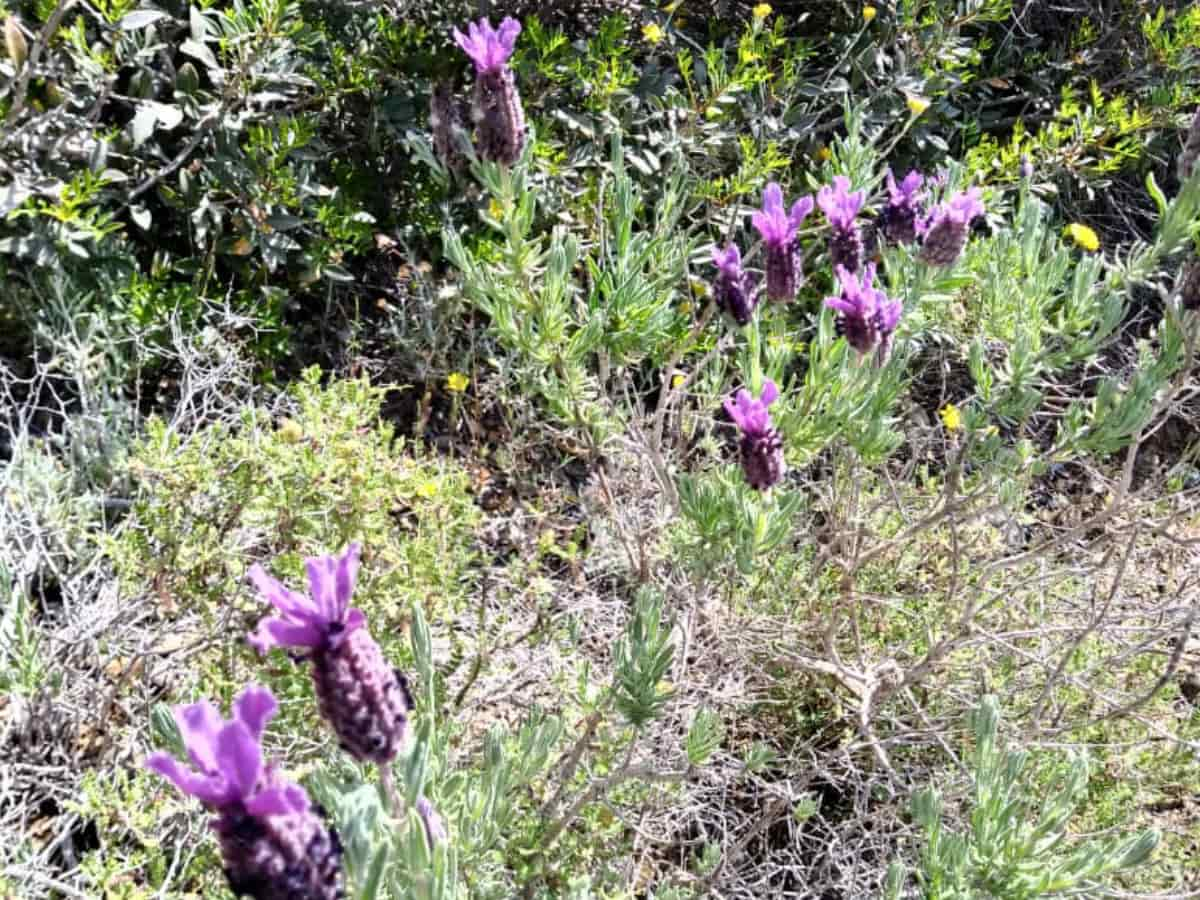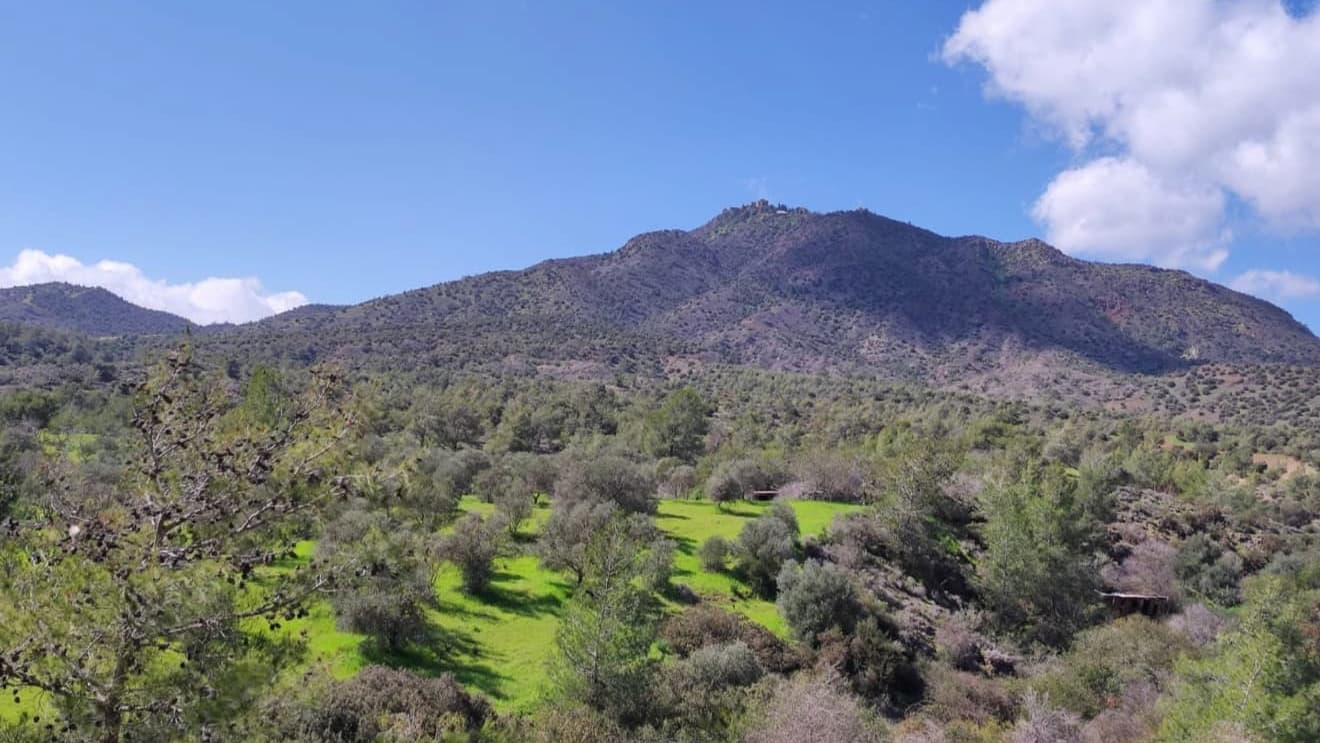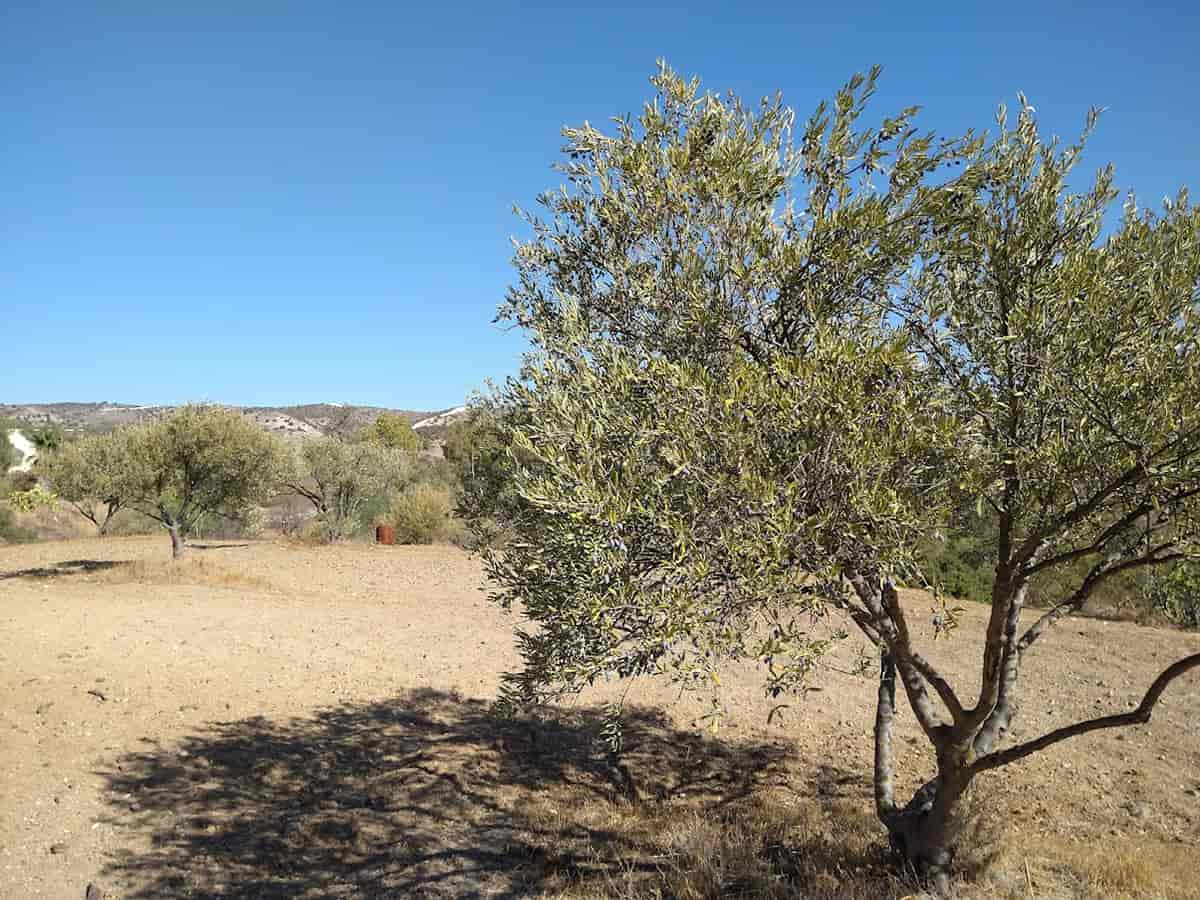One of the first organic farms in Cyprus
The land, located close to the rocky hills of Stavrovouni Monastery, was acquired by Mr Philipou in 1984. At that time, the land was in its natural wild state – all you could see was wild bushes, shrubs, pine trees and wild olive trees. The landscape is criss-crossed by a river and water passing from the mountain, which means an adequate water supply, fertile soils, and natural biodiversity.
Having returned from living in the UK, farming seemed the obvious choice for Mr. Philipou because he grew up in a farming family. At the time, chemicals and fertilizers were just coming into agriculture. But apart from chemicals being expensive to purchase, he knew that farming chemicals are harmful to the soil, so he decided to take the organic path.
He was a farmer ahead of his time in recognising the value of organic farming and benefits of sustainable agriculture to society. Being a big advocate of organic tree farming, he started educating himself by reading relevant books and booklets published by the Ministry of Agriculture. A few years later, he joined the sustainable farming incentive scheme to maximize the potential of the land and generate efficient levels of olive oil production.



Shining a light below the surface
Healthy soils are a necessary foundation for plants and trees to grow and flourish. At Mavronero Farm, one can find a range of different soil types throughout the land, including but not limited to clay, silt, chalk, red soil and sand, which means good soil structure, enhanced biodiversity, improved water storage, and increased crop yield. Additionally, thanks to the river passing through the land and the river water flowing underneath, the soil is fertile, which in turn explains why the farm is made up of a variety of herbs and trees, such as olive, citrus, fig, pomegranate, vine, almond and walnut trees.
Dedication + hard work = the recipe for success
Over the years, Mr Philipou faced many challenges and a great deal of uncertainty, but he managed to overcome the risks and challenges. He successfully located underground water with the dowsing method and dug several wells and boreholes, placing barriers along the river to save water for the farm. Thus, the once uncultivated piece of land has been transformed into a thriving organic olive tree farm. But he not only planted olive trees in perfect alignment, he chose to plant a variety of plants and trees to provide nectar and pollen as food for bees and other insects.
A vision for the future
Due to age and health problems of the owner, his children decided to sell the farm. In Simon Stürtz they found a person sharing the same vision as Mr Philipou for sustainable farming and agriculture. His vision is to take sustainable growth in agriculture to the next level by introducing permaculture, smart farming and other innovative ways of farming. Whoever shares the same vision with us is welcome to connect and collaborate! Contact our team and stay tuned for updates!
